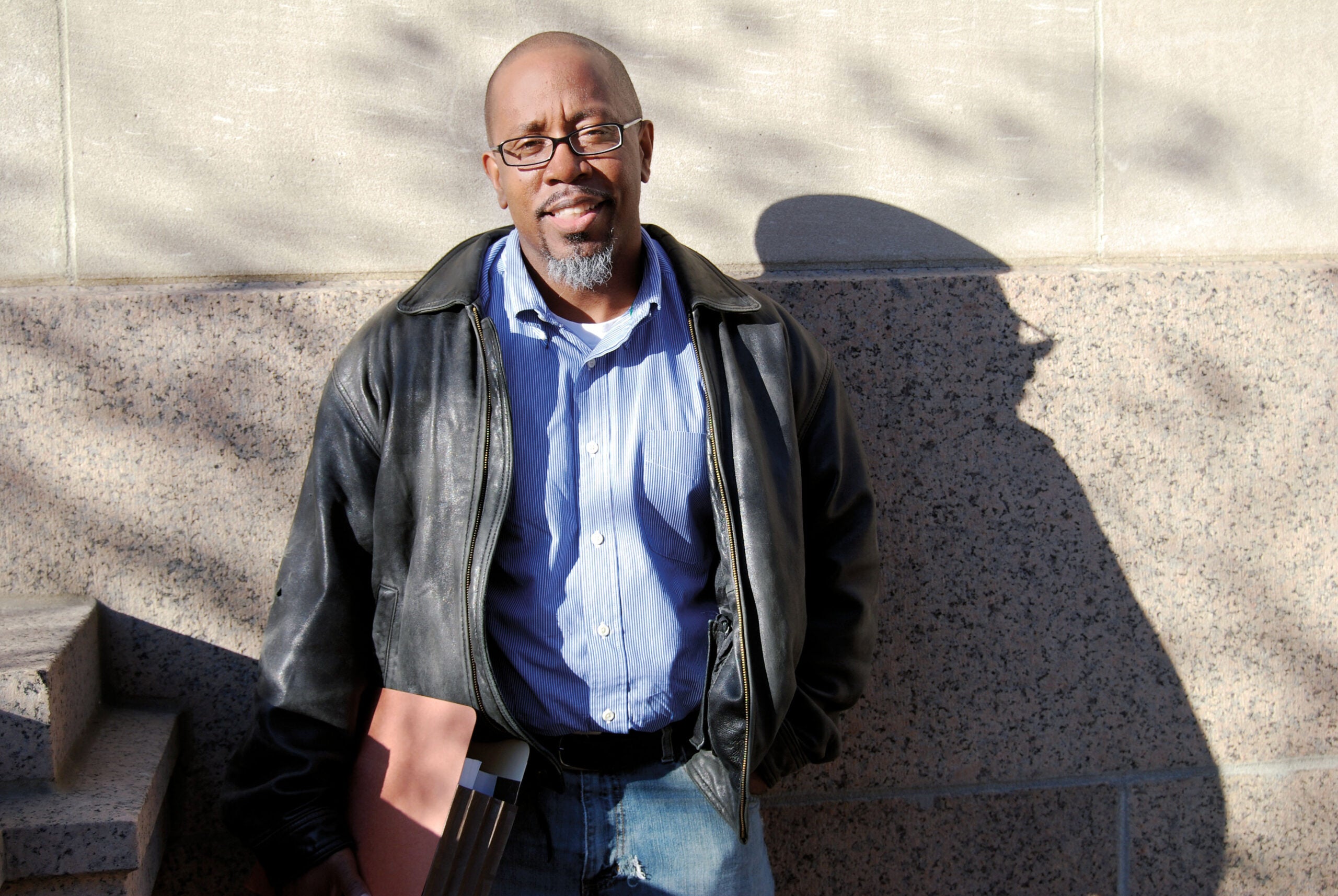David A. Singleton ’91 is working to foster ‘smart-on-crime’ justice reform in Ohio
When David A. Singleton ’91 began the Constitutional Litigation Clinic at Northern Kentucky University, his work seemed cut out for him. Singleton, who hails from North Carolina and now lives in Cincinnati, found himself an “East Coast liberal” professor engaging a crop of young conservative law students in criminal justice reform. He recalls one particular student named Margie, who had gone back to law school after being a stay-at-home mom. “She … voted for Reagan; I’m as far left as someone can be,” says Singleton. “I thought, There’s no way she is going to take to representing sex offenders who want to go back to the community.” But he discovered that she was passionate about ensuring equality and justice in the law. “She took to that work,” he says, “and we found that we both have a passion for treating people fairly and advocating for evidence-based, as opposed to fear-driven, laws.” His former student now works full time at the Ohio Justice & Policy Center, where Singleton has been executive director for seven years.
Singleton was first drawn to a career in indigent defense when he returned to his birthplace, South Bronx, N.Y., as part of a college public service internship. There, he says, he saw young men his age, living in a place he once called home, already caught up in the criminal justice system. “It hit me that I was extremely lucky to grow up with two parents who cared about education. Both of my parents were public servants, and they were my most important role models.”
At HLS, Singleton found a role model and mentor in Professor Charles Ogletree Jr. ’78. “I took his classes and his clinic in my third year, and he had a huge impact on me,” he says. After beginning his career at the Legal Action Center for the Homeless in New York City as a Skadden Fellow, Singleton focused on representing those involved in the criminal justice system—serving as a public defender in New York City and then Washington, D.C.
In 2002, after spending most of his life on the East Coast, Singleton moved to Cincinnati. At the time, his wife, Verna Williams ’88, was joining the faculty at the University of Cincinnati College of Law. It took time to adjust to the conservative city. “We looked at each other and would say, ‘We can’t believe this is our home,’” Singleton recalls. He now sees the move as a blessing. He took on the role of executive director of the Ohio Justice & Policy Center, a nonprofit, nonpartisan law firm located in Cincinnati. The center aims to empower and represent individuals who have been marginalized by the criminal justice system, such as former offenders who have lost jobs or faced eviction because of criminal backgrounds. At the time Singleton took the job, resources were few: two other lawyers and very little funding. Seven years later, it is 14 members strong. “I love it here, and I feel that I can have much more of an impact in Cincinnati than I can on the East Coast, where a guy like me is a dime a dozen,” says Singleton. “I get to do cutting-edge work, make a difference and see that I’m making a difference.”
But his vision goes beyond what he can do as an individual. His ultimate mission is to foster a culture of what he calls “smart-on-crime” justice reform. A few years ago Singleton decided to harness the power of clinical education, which he first encountered at HLS, launching the Constitutional Litigation Clinic at Northern Kentucky University’s Salmon P. Chase College of Law, where he is a visiting professor. By giving local law students firsthand experience working with ex-convicts, he hopes to lead a new generation to advocate progressive, evidence-based criminal justice policies. His students challenge laws that “smack of a tough- on-crime rhetoric,” such as blanket employment and licensing restrictions that make it difficult for ex-offenders to work.
It’s been a learning experience not just for the students but also for Singleton. “There is so much opportunity here in the middle of the country to shape policy,” he says. “We’ve found a way to find common ground with people who might not be our natural political allies on why criminal justice reform is the right thing in terms of safety, as well as service.”
